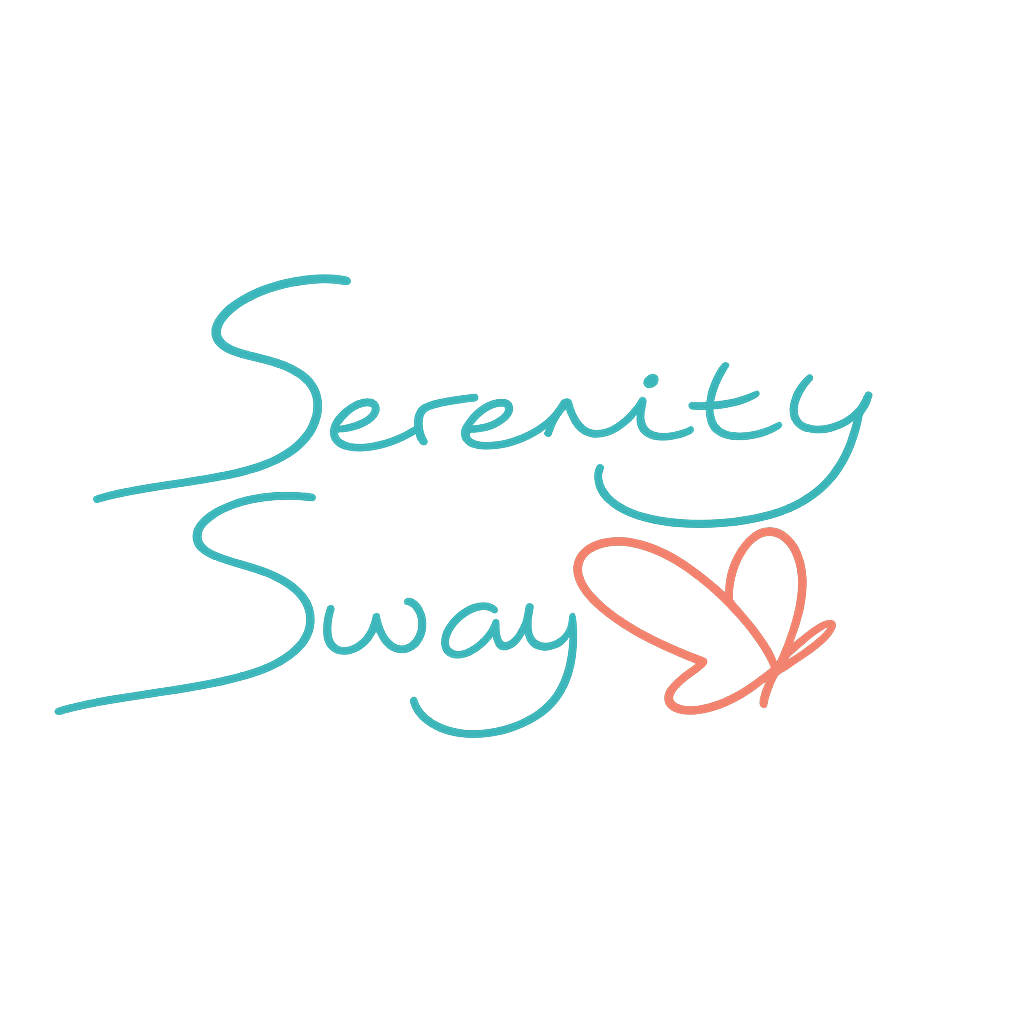8 reasons why herbal supplements are good for you.
What is herbal medicine?
According to the World Health Organization, herbal medicine is a branch of traditional medicine that’s defined as “the knowledge, skills and practices based on the theories, beliefs and experiences indigenous to different cultures, used in the maintenance of health and in the prevention, diagnosis, improvement or treatment of physical and mental illness.” In other words, Indigenous peoples and cultures worldwide have practiced herbal medicine for centuries to treat and prevent illness and continue to practice it to this day. Amazingly, it is estimated that approximately 80% of the population in developing countries uses traditional herbal medicines as part of their primary healthcare routine.
Herbal medicine is a holistic approach to healthcare that integrates one’s mental, physical, emotional, and spiritual systems. Through herbalism, you aim to support the body’s natural healing processes rather than simply suppress disease symptoms. In fact, treating the root cause of illness can produce long-term health benefits and increase vitality. More specifically, herbal medicine involves using various parts of plants – such as leaves, roots, flowers, and stems – and mushrooms to create medicinal preparations. These preparations can include teas, tinctures, salves, oils, and more. Indeed, there are numerous benefits of herbal medicine, which we dive into below.
Herbal medicine is a traditional practice rooted in diverse cultures, used for maintaining health and treating illnesses. It takes a holistic approach to well-being, targeting root causes for long-term benefits. Various plant parts are utilized to create medicinal formulations.
8 benefits of herbal medicine
More affordable
Herbal medicines, used for centuries, offer cost-effective and holistic health benefits. With the rising costs of prescription drugs, many people are turning to herbal medicines as a cost-effective alternative. Growing your own herbs or foraging for wild ones can be rewarding and sustainable. Herbal remedies are gentler on the body and may provide budget-friendly health support, but consulting a healthcare professional is important, especially when taking prescription medication. Moreover, herbal medicines are often seen as gentler on the body compared to prescription drugs, as they are derived from natural sources. While prescription medication can address specific issues, herbal remedies promote overall well-being. Remember, health is indeed wealth.
Improved immune function
Using herbal medicine can enhance immune function, crucial for overall well-being. Herbs are rich in compounds that can regulate the immune system, aiding in illness prevention and supporting the body's recovery from injury or disease. Wild mushrooms like oyster, reishi, and chaga are particularly noted for their immune-boosting qualities.
Better digestive health
Herbal remedies can play a significant role in enhancing gut health. Certain herbs with anti-inflammatory properties can alleviate inflammation and discomfort in the digestive tract. Moreover, they aid in digestion and the absorption of nutrients from food. For instance, peppermint and ginger are known for their effectiveness in reducing nausea. Additionally, mucilaginous herbs such as dandelion, echinacea, and burdock are essential in promoting intestinal health by eliminating toxins.
If you are looking for digestive support please click here
Reduced stress and anxiety
Many herbs are adaptogens. Adaptogens are natural substances that help your body cope with stress and balance your hormones. These include chamomile, lavender, and St. John’s Wort, which have natural calming properties. These herbs are considered to effectively reduce stress by working to reduce the body’s cortisol levels. Apoptogenic herbs can help improve sleep, reduce anxiety and depression, and improve overall mood.
If you are looking for supplements that support with your mood click here.
Enhanced cognition
Have you explored the world of nootropic herbs? They are a favourite of the brain! Nootropic herbs are known to enhance memory, clear brain fog, and boost concentration. Among the top choices are ashwagandha and lion’s mane mushrooms. Check out these brain-boosting supplements.
Balanced hormones
In today's world, it's challenging to steer clear of endocrine-disrupting chemicals present in items such as plastics, cosmetics, and household cleaners. These substances are associated with hormone imbalances that can lead to severe illnesses, like cancer. Hormone imbalances pose specific concerns for women, manifesting as irregular menstrual cycles, fertility issues, and menopausal symptoms. To promote your endocrine health, consider reducing exposure to these disruptors and incorporating hormone-balancing herbs such as black cohosh and wild yam into your routine. Or you can try this hormone health blend.
Natural pain management
Pain is primarily caused by inflammation. Herbs with anti-inflammatory and antioxidant properties can act as a natural alternative to conventional pain relief medications. These compounds can help reduce inflammation and alleviate pain without the risk of addiction or other harmful side effects associated with many over-the-counter and prescription pain medications.
Sustainable and eco-friendly
One of the benefits of utilizing herbs is their ability to be naturally cultivated and ethically harvested, in contrast to chemically manufactured conventional medicine. Ethical plant harvesting entails gathering only what is necessary, preventing over-harvesting, and showing respect for the plant and its surroundings. By responsibly sourcing and crafting your herbal remedies, you contribute to biodiversity protection and conservation efforts that benefit both the plants and the ecosystem.
That's the reason I opted for Hello Wellness as my herbal supplements supplier.
To read more about hello wellness please click here.
